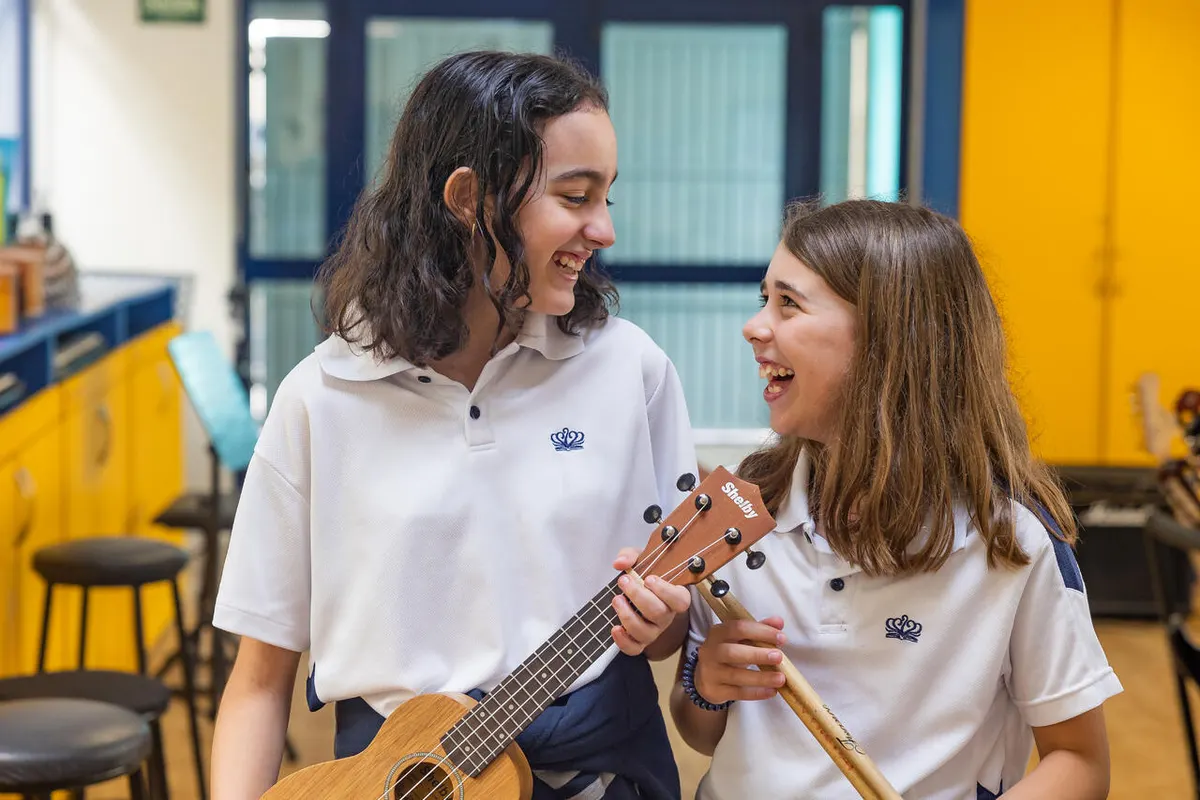What if it doesn't work? What if it does? When I was younger I was taught to be cautious, but I was also taught a zest for inquiry that developed a lifelong love of learning and the confidence to manage risk. Risk taking in education promotes innovation, it encourages students to develop a growth mindset, exploring the benefits of taking risks develops resilience, self confidence, and independence.
When I was younger I was taught to be cautious, but I was also taught a zest for inquiry that developed a lifelong love of learning and the confidence to manage risk. Risk taking in education promotes innovation, it encourages students to develop a growth mindset, exploring the benefits of taking risks develops resilience, self confidence, and independence.
Risk is dynamic, there is an uncertainty of return or loss, yet as educators we have a responsibility to promote learning that encourages the taking of risks. There is value to be found in failure, in encouraging experiential learning; learning orientated learners develop a passion for learning that is seen throughout their lives. Taking risks and enjoying the process of struggling with a problem, in exploring alternative approaches, can be stimulating and engaging for students. In an educational setting we need to create space for risk, where students and teachers are encouraged to push the boundaries, to turn negativity into positivity, to try new approaches out.
Fear is a risk inhibitor; it is static in its measurement of loss. Fear of failure is an emotional response that promotes a fixed mindset, which can be manipulated skillfully by the teacher to reduce emotional attachment. Loss can be perceived as superficial, to be superseded by a higher understanding if we prepare students to look beyond face value. As educators we want students to develop an awareness of self, an understanding of what can be lost, but more importantly, what can be gained. Metacognition in the risk taking arena allows students to learn from mistakes and value them, to explore alternate points of view, and to challenge assumptions.
Modeling collective autonomy in the classroom through cooperative learning, in a scholar centered environment of shared understanding, allows risks to be recognised and openly debated. Working together and collaboratively is good in understanding how oneself and others struggle. Observing perseverance is good, providing choices for the inner self to interpret is good. Success is found in the process, the journey of discovering new ways to tackle and overcome problems.
In an IB world school, risk taking forms part of the learner profile within its constructivist paradigm. At its heart, inquiry is synonymous with risk, it starts with students asking questions where the process of conjecture, hypothesizing and considering evidence, as well as questioning the validity of that evidence, is more important than the answer that may, or may not, be obtained. Within IB schools, risk takers have been described as possessing the forethought and determination to explore new roles and strategies. Metacognition and self awareness, being alert to narrow thinking and being open to taking risks increases creativity, innovation and problem solving.
So which is better, when things don’t work out, or when they do?
Nigel Schofield
Head of Secondary







